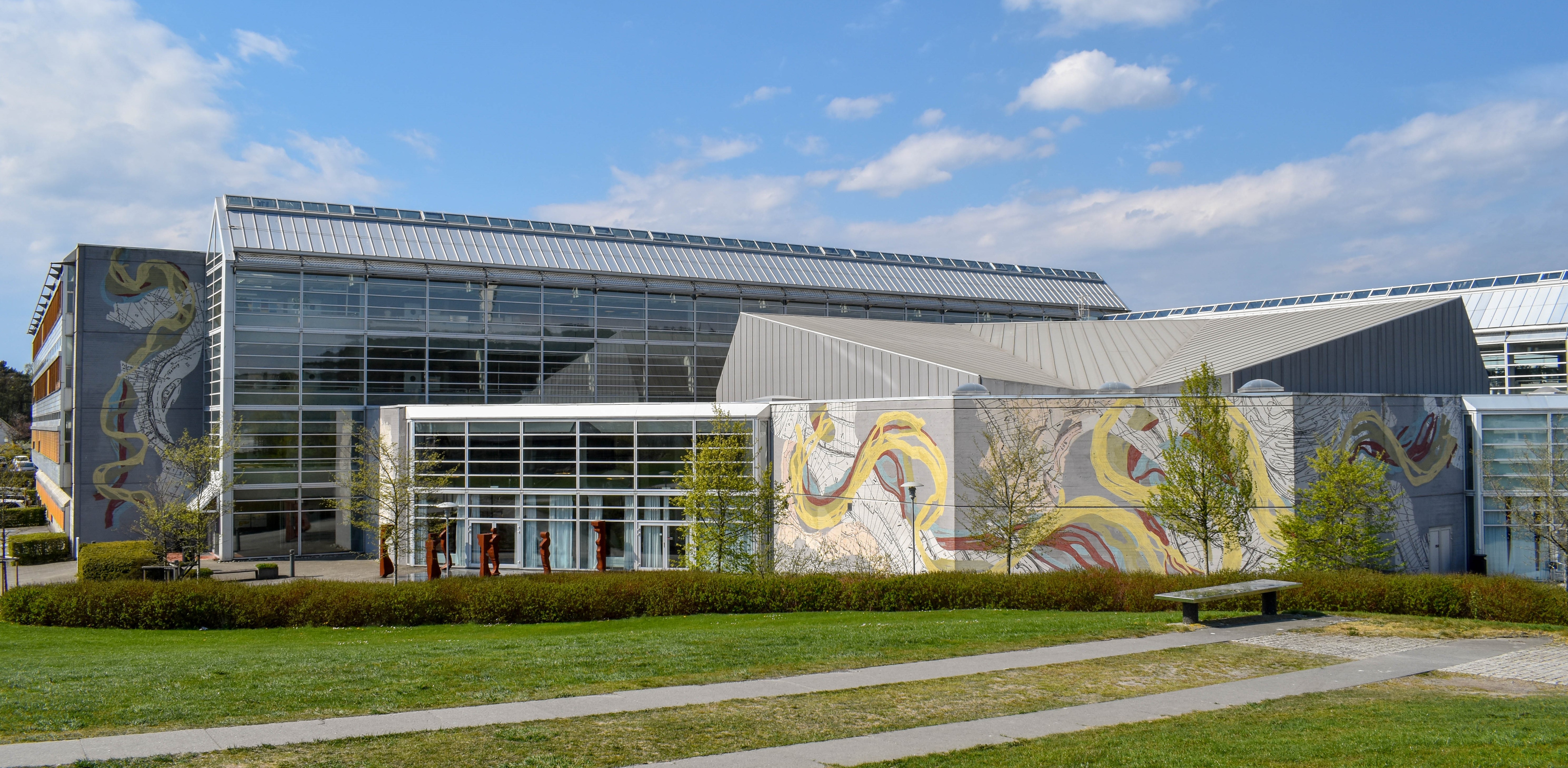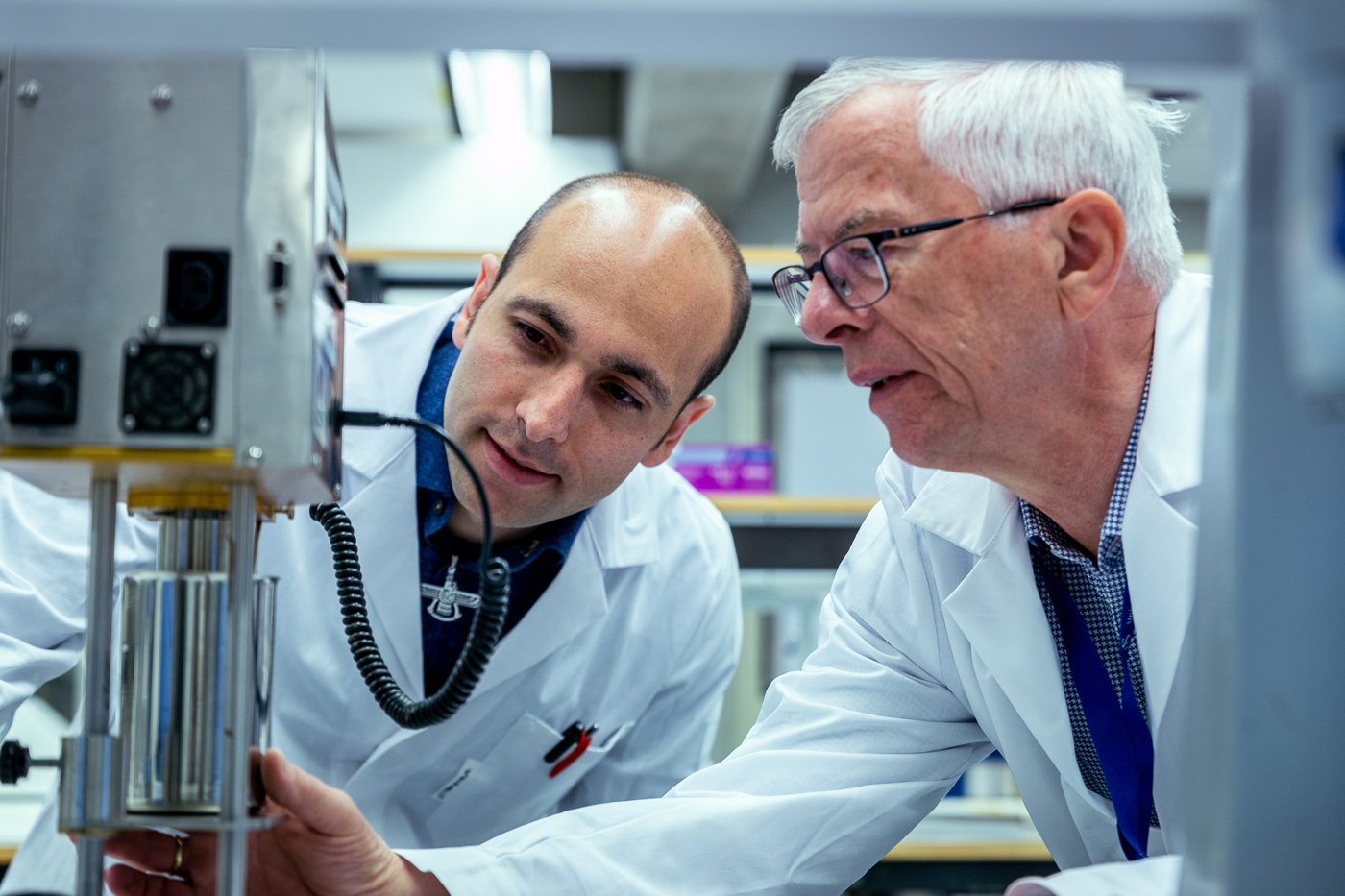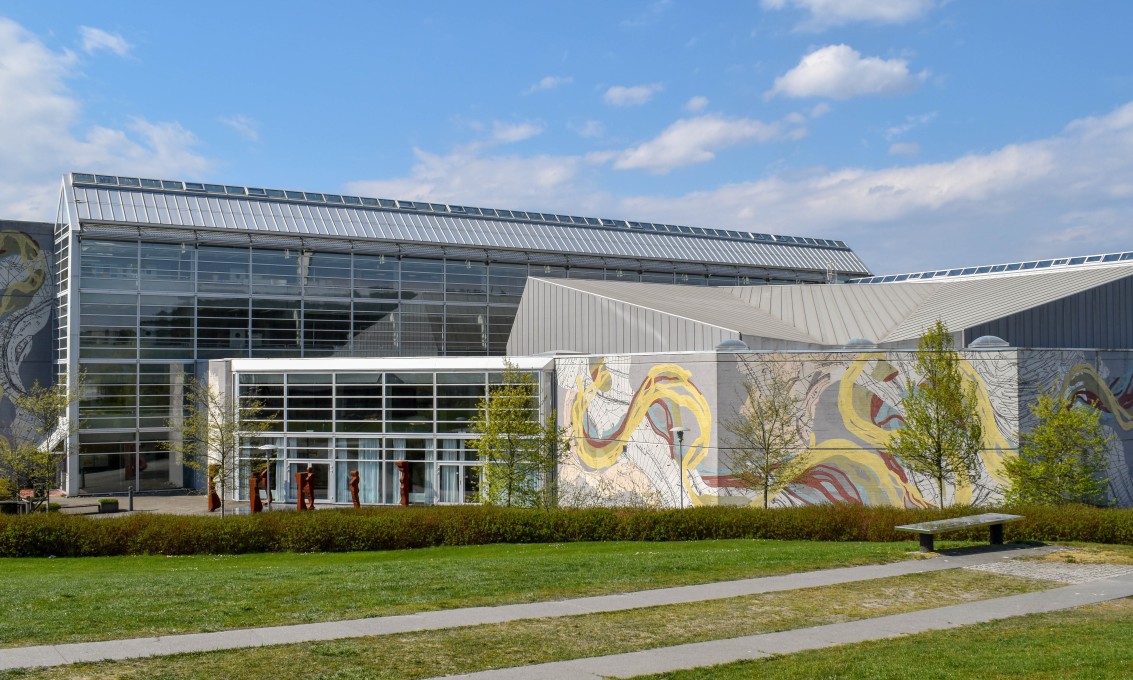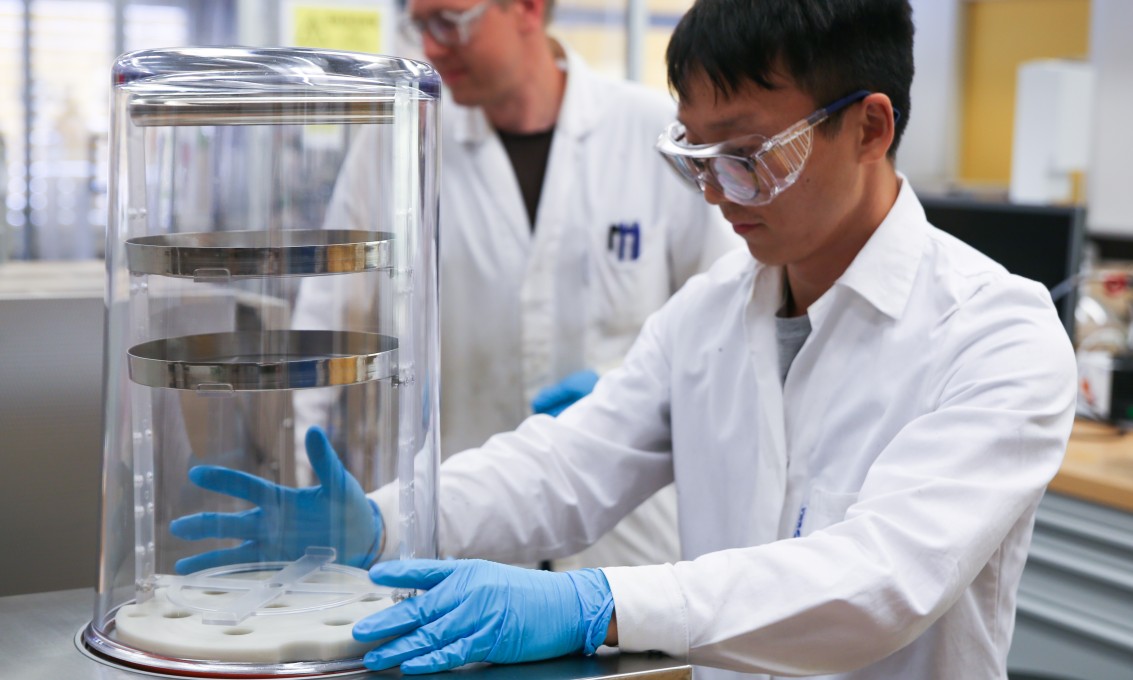The Department of Energy and Petroleum Engineering (IEP) conducts research within drilling and well engineering, energy systems engineering, catalysis and reaction engineering, computational engineering and rheology.
42
337
Kjølv Egelands house, E block (3rd block) Kristine Bonnevies vei 22, 4021 Stavanger
About the department

Department of Energy and Petroleum Engineering carries out research and offers study programmes at all levels in drilling technology, petroleum engineering, energy technology, as well as data-driven modelling of processes motivated by such applications.
The department has established close research collaboration with relevant industry - especially in the petroleum and battery sector.
Studies
The department of Energy and Petroleum Engineering offers varied study programmes at bachelor's, master's and doctoral level in petroleum-related subjects.

See the full list of study programmes on our Norwegian pages.
Master of Science in Petroleum Engineering
The Master's Programme in Petroleum Engineering qualifies you for an international career in the oil and gas industry. This is the study programme for you who is good in science and who has an interest in the development and use of technology. Taught in English.
Petroleum Technology – doctoral programme
The PhD programme in petroleum technology has specializations in reservoir engineering, drilling engineering, natural gas engineering and petroleum geoscience engineering.
Research at the department
The main research areas at the Department of Energy and Petroleum Engineering are energy, gas and hydrates, drilling, well construction and production.

Drilling and well engineering
Drilling and well engineering is an important field of engineering concerned with the activities related to drilling, well construction, well logging and testing, production and economics within the oil industry.
Energy Systems Engineering
Energy transition towards clean, sustainable, and affordable energy solutions is on top of the global, national, and local agenda.
Applied AI and machine learning
Due to an increase in the amount of data available through technological advancements, AI and machine learning approaches can be employed to convert the data into contextual information, leading to a step change in the field of energy and petroleum engineering.
Data-driven mathematical modelling
Mathematical models enable a scientific understanding of natural phenomena around us, and the study and optimization of processes in society and industry. We fuse classical physics-based modelling and new machine learning methods for the identification and training of entirely new models based on few observations and sparse data.
Contact us
Department of Energy and Petroleum Engineering
Faculty Administration TN
Faculty Administration TN
Kontor for utdanningsadministrative tjenester
Faculty Administration TN
Kontor for utdanningsadministrative tjenester
Read more
News from the department
Yara's Birkeland Prize 2024 to Song Lu
Yara’s Birkeland Prize for 2024 in chemistry was given to doctor Song Lu for his thesis titled “Transition-metal-mediate...
Energy students awarded for their efforts
Repsol awarded a total of four prizes and NOK 120,000 to master students at University of Stavanger.
He is Energy Professional of the Year
Reidar Bratvold won the prize as Energy Professional of the Year at the SPE gala.
Highlights from the first UiS Petro-Games
In a riveting showcase of industry knowledge and teamwork, the inaugural UiS Petro-Games competition proved to be a reso...
Data-driven mathematical modelling
Mathematical models enable a scientific understanding of natural phenomena around us, and the study and optimization of ...
Industry awards to energy students
Repsol and Vår Energi awarded a total of nine prizes and NOK 350,000 to bachelor and master students at UiS.
Won prize for best PhD project
Huong Huynh finished her PhD project at University of Stavanger October 2021. Now her PhD thesis has been selected as Be...
ACT3 – CEMENTEGRITY
The CEMENTEGRITY project seeks to develop and test better materials for sealing wellbores exposed to CO2 stored in under...
SWIPA Group
This research group works on topics related to geopolymers, subsurface well integrity, plugging and abandonment.
Top students win industry awards
Repsol, IKM Acona and Vår Energi awarded a total of nine prizes and NOK 275,000 to bachelor and master students at UiS. ...
Test facilities – Energy Systems Engineering
Distributed energy conversion technologies, using fuel flexible solutions, energy storage and smart technologies are ess...
Energy Systems Engineering – projects
Running research projects in the Energy Systems Engineering group.
Modeling, Simulation, Optimization, Management and Techno-economy
Energy transition towards clean, sustainable, and affordable energy solutions is on top of the global, national, and loc...
Energy Conversion Technologies and Multi-Vector Systems
Energy transition towards clean, sustainable, and affordable energy solutions is on top of the global, national, and loc...
Energy Systems Engineering – collaboration
Our work connects researchers, educators and students at UiS with partners in industry, business and public sector with ...
Energy Systems Engineering – education
In this page you find the courses taught at University of Stavanger related to energy technologies and system integratio...
Applied AI for Energy Systems Engineering
We use state-of-the-art tools like advanced physical models, artificial neural networks, and integrated design, control ...
Energy Systems Engineering – research
The group focuses on developing innovative techno-economically sustainable solutions and has a broad network of academic...
Energy Systems Engineering
Energy transition towards clean, sustainable, and affordable energy solutions is on top of the global, national, and loc...
























